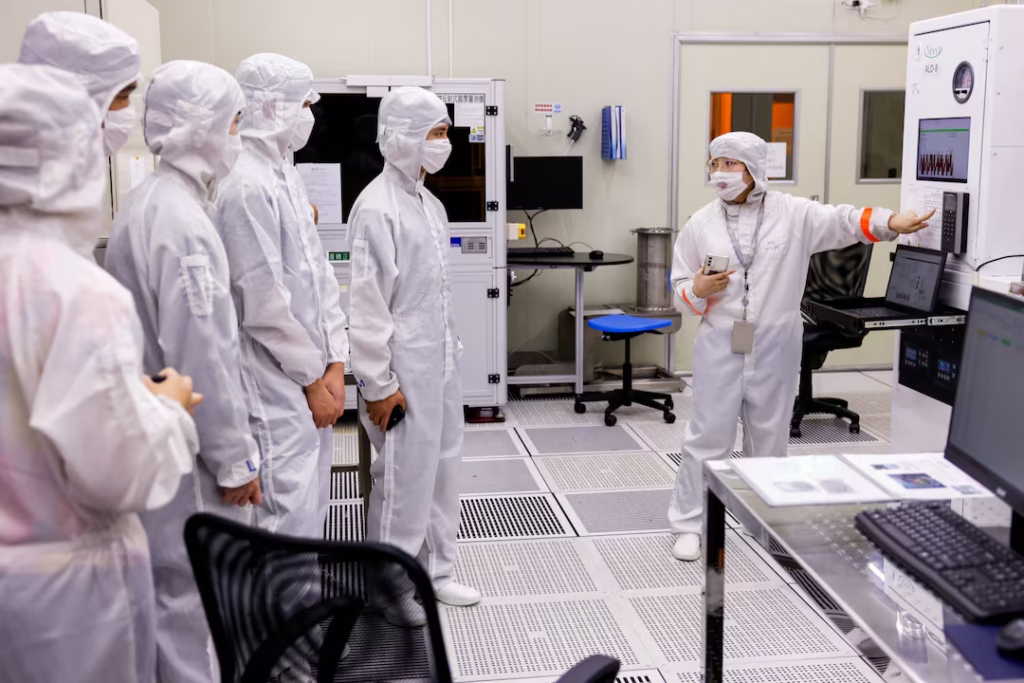In a bold step to secure the future of its critical semiconductor industry, Taiwan is investing in young overseas talent through bilingual summer camps and specialized university programs. These initiatives are not only timely but essential, as the nation battles a shrinking workforce and surging global demand for chips.
Rising Demand, Shrinking Workforce

Photo credit :- medium
Taiwan is a global powerhouse in semiconductors, home to industry giants like TSMC, MediaTek, and UMC. However, a slumping birth rate and aging population have created a serious semiconductor talent shortage. Between 2020 and 2025, job openings in the chip sector jumped from 19,401 to 33,725, signaling an urgent need for skilled professionals.
This gap includes not only R&D engineers and IC designers but also hands-on roles such as assembly technicians and production operators. The talent vacuum could have far-reaching effects, threatening Taiwan’s pivotal role in the global technology supply chain.
Summer Camps Bridging the Gap
One innovative solution comes from Synopsys, a U.S. chip design software firm with strong roots in Taiwan. The company recently launched bilingual summer camps in Hsinchu to attract tech-savvy youth from around the world. This year, for the first time, the camps were held in both English and Mandarin, welcoming students from eight different countries.
Wearing white cleanroom suits, students like Nicolas Chueh, a Taiwan-Belgian national from Singapore, got firsthand exposure to chip-making environments. “I enjoy gaming, and that made me curious about how semiconductors work,” said Chueh. His story mirrors the broader goal of the camp—to make chip design and manufacturing appealing to the next generation.
Comparison: Local vs International Camp Structure
| Feature | Mandarin Camp | English Camp |
|---|---|---|
| Fee | T$10,900 | T$33,000 |
| Target Audience | Local Taiwanese students | International/Overseas youth |
| Language of Instruction | Mandarin | English |
| Focus | Foundational knowledge | Cross-cultural engagement |
Universities Join the Effort
Alongside industry leaders, Taiwanese universities are also stepping up. Several institutions have introduced semiconductor-focused curricula to build a strong local talent pipeline. The goal is to enhance STEM education early on, ensuring students are equipped with the skills needed to thrive in this fast-evolving sector.
A Vision for the Future

Photo credit :- zellalife
According to Robert Li, Synopsys’s Taiwan chairman, this is just the beginning. “There is an urgent need to strengthen STEM education from an early age,” he emphasized. The company is now considering international expansion of these camps to build a global community of chip engineers and designers.
With AI and electronics driving chip demand, Taiwan’s proactive approach could set a global benchmark. These educational efforts are more than just a local initiative—they’re a strategic investment in the future of technology.
By aligning youth education with industry demand, Taiwan is positioning itself as not just a leader in chip manufacturing but also in cultivating the minds that will shape its future. As other nations watch closely, Taiwan’s model may well become a blueprint for securing tech talent in a rapidly changing world.


